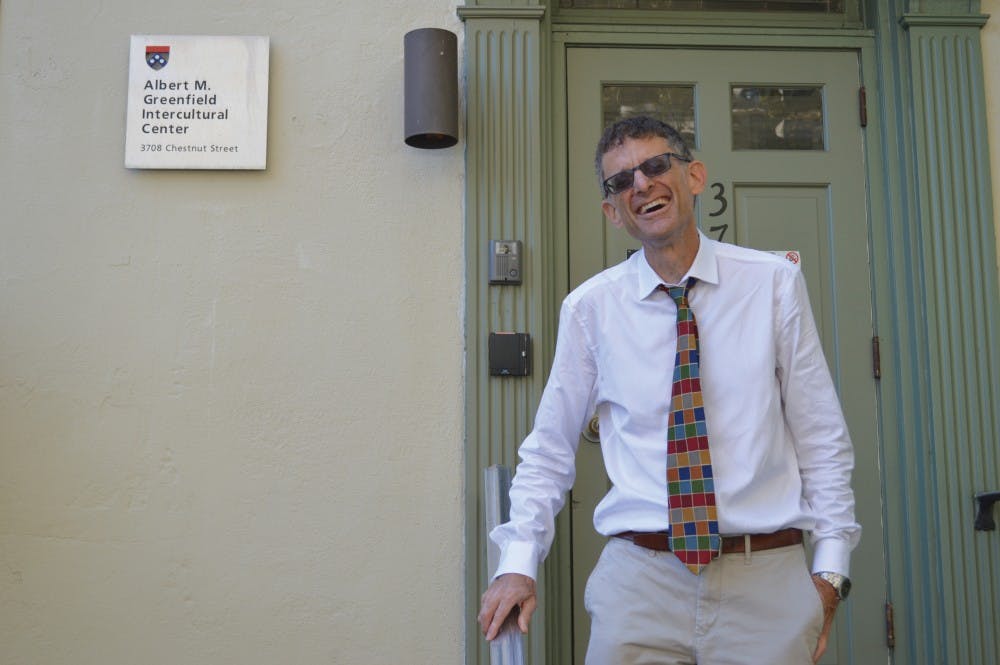Jonathan Zimmerman, a professor at the Graduate School of Education, recently wrote an article in the San Francisco Chronicle, warned that changing “Columbus Day” to “Indigenous People’s Day” could have some unexpected negative effects.
According to Zimmerman, the trend is not so positive, and may not be conducive to a good representation of the native peoples.
Instead, he argued, the popularization of “Indigenous People’s Day” in towns and cities around the nation, most notably in the state of Vermont, could promote negative perceptions of native peoples.
“The victimization [of Native Americans] echoes one of the worst trends in our culture”, Zimmerman wrote, “and encourages people to compete over who suffered more.”
The Native American population is expected to experience a large growth in the coming years. Based on data from the United States Census Bureau, in 2014, there is a total of 5.4 million native peoples living in the United States, including individuals who identify with more than one race. According to the same census, the Native American population is projected to be a total of 10.4 million by the year 2060.
Given the rapidly increasing population of Native Americans in the United States, it makes sense that communities are gradually embracing the concept of “Indigenous People’s Day.”
In October of 2011, the first Saturday of every October was designated “Indigenous People’s Day.” However, the resolution and its effects were so minimal that every major news organization failed to take notice, with the exception of a few websites.
“If no one knew about [Indigenous People’s Day], it is nothing more than a symbolic gesture,” Zimmerman said.
Despite this recent trend towards the recognition of “Indigenous People’s Day,” Native American students at Penn still feel discriminated against and sometimes insulted from the lack of knowledge of Native American heritage of their peers.
The ignorance relating to Native American culture and ways, students say, has often led to stereotypical and racist comments.
Wharton sophomore Erica Diene, a member of the Poarch Band of Creek Indians in Florida, has said these derogatory comments have become commonplace for her even at Penn.
“People often ask me if I live in a teepee,” Diene said. “It’s really hard for people to understand sometimes.”
Clarification: The headline of this article has been updated to reflect that Professor Zimmerman does not oppose changing Columbus Day to Indigenous People's Day, but rather, believes its celebration may have negative effects.









